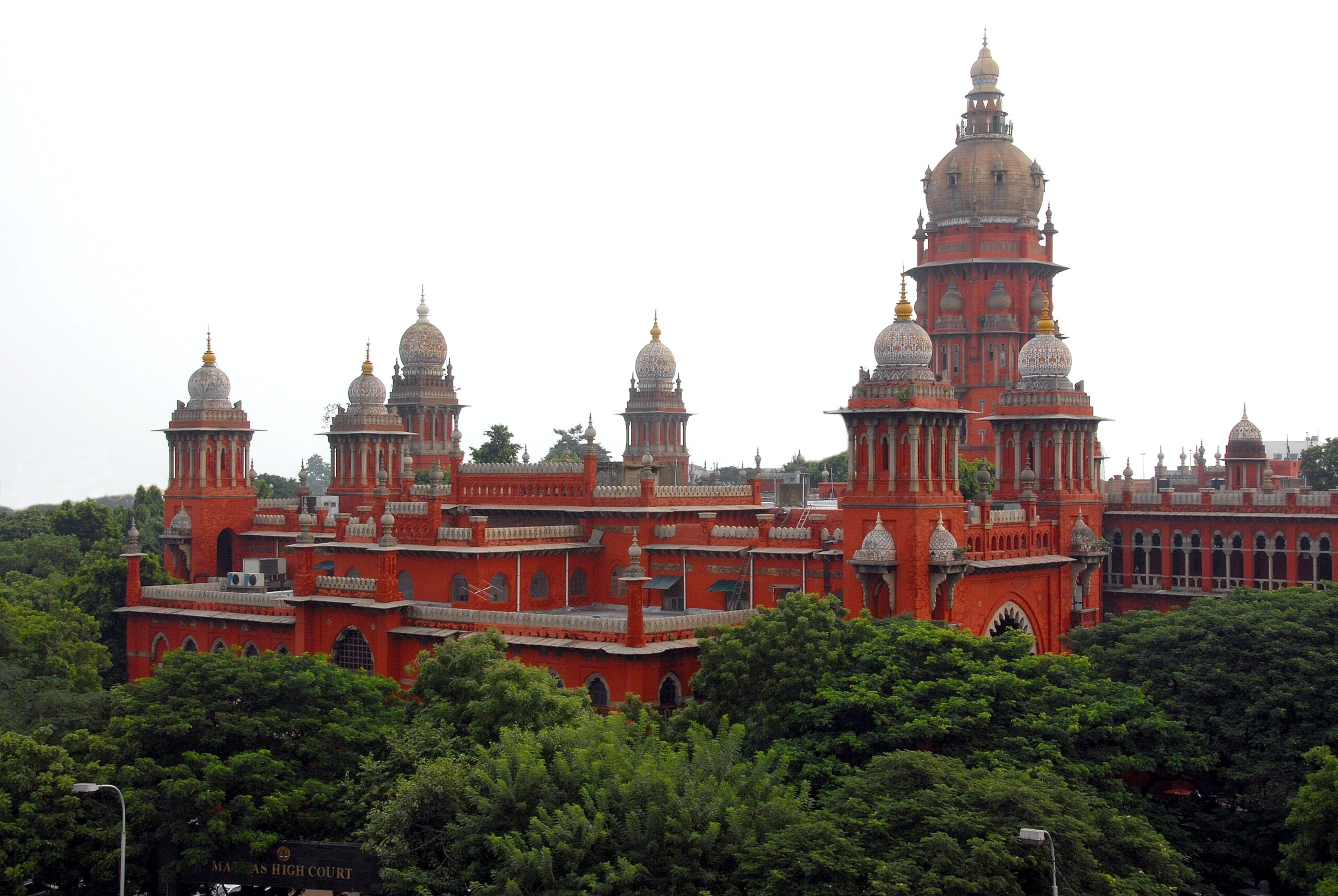The Madras High Court recently reiterated that trial courts cannot deny lawyers and litigants the use of video conferencing facilities to attend court hearings virtually, emphasizing the importance of accessible legal proceedings.
The observation came from a Bench of Justices SM Subramaniam and M Jothiraman during the hearing of a case concerning Fakrudeen, a remand prisoner who raised concerns about his prolonged solitary confinement in jail. The prisoner further shared his difficulties in securing legal representation, as the trial court was located far from where most lawyers were based, making physical appearances challenging.
Several lawyers present during the hearing voiced additional concerns about the lack of basic facilities at the Poonamallee trial court, including inadequate toilet and drinking water provisions, as well as the refusal to allow virtual appearances via video conferencing. In response, the Court issued directions to address these issues, making it clear that, “Video conferencing is presently a rule established by the High Court, and such a facility cannot be denied by any court.”
The Court also took serious note of allegations that lawyers were being treated discourteously at the trial court, particularly with respect to the denial of drinking water while waiting for their cases to be heard. It instructed the Registrar of the City Civil Court, Chennai, to ensure that proper toilet facilities for both male and female lawyers, as well as drinking water provisions, were made available at the court premises.
The petition in question was filed by Fakrudeen, a remand prisoner who has been in judicial custody for over 11 years following his arrest in 2013 in connection with multiple bomb blast cases. He informed the Court that despite pursuing his second year in BA Political Science, prison authorities had not provided him with the necessary books to continue his studies. Fakrudeen also alleged mistreatment by prison staff, including physical abuse and restrictions on reading newspapers.
In response, the Court directed prison authorities to ensure that Fakrudeen’s fundamental rights were protected and that he was provided with all entitled facilities as per existing rules. The Bench emphasized that education is vital for prisoners’ reformation and rehabilitation, noting, “The prisoner’s right to education is a human right grounded in the right to dignity.” It also requested higher prison authorities to review his claims of unnecessary solitary confinement and inhumane treatment.
The prison authorities had argued that Fakrudeen’s behavior had caused disruptions, resulting in conflicts and disciplinary actions. The Court, however, ordered the prisoner to cooperate with authorities and avoid further conflicts.
To assist Fakrudeen with his legal representation, the Court facilitated the engagement of a defence lawyer, B Mohan, with the prisoner’s consent. It further instructed the District Legal Services Authority to settle the legal fees of both the senior advocate and any other lawyers assisting him in accordance with the applicable rules.
Advocate S Nadhiya appeared for the petitioner, Fakrudeen, while Additional Advocate General P Kumaresan, Public Prosecutor P Kumaresan, and Advocate R Muniyapparaj represented the respondent authorities.



